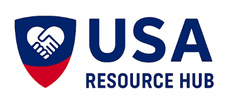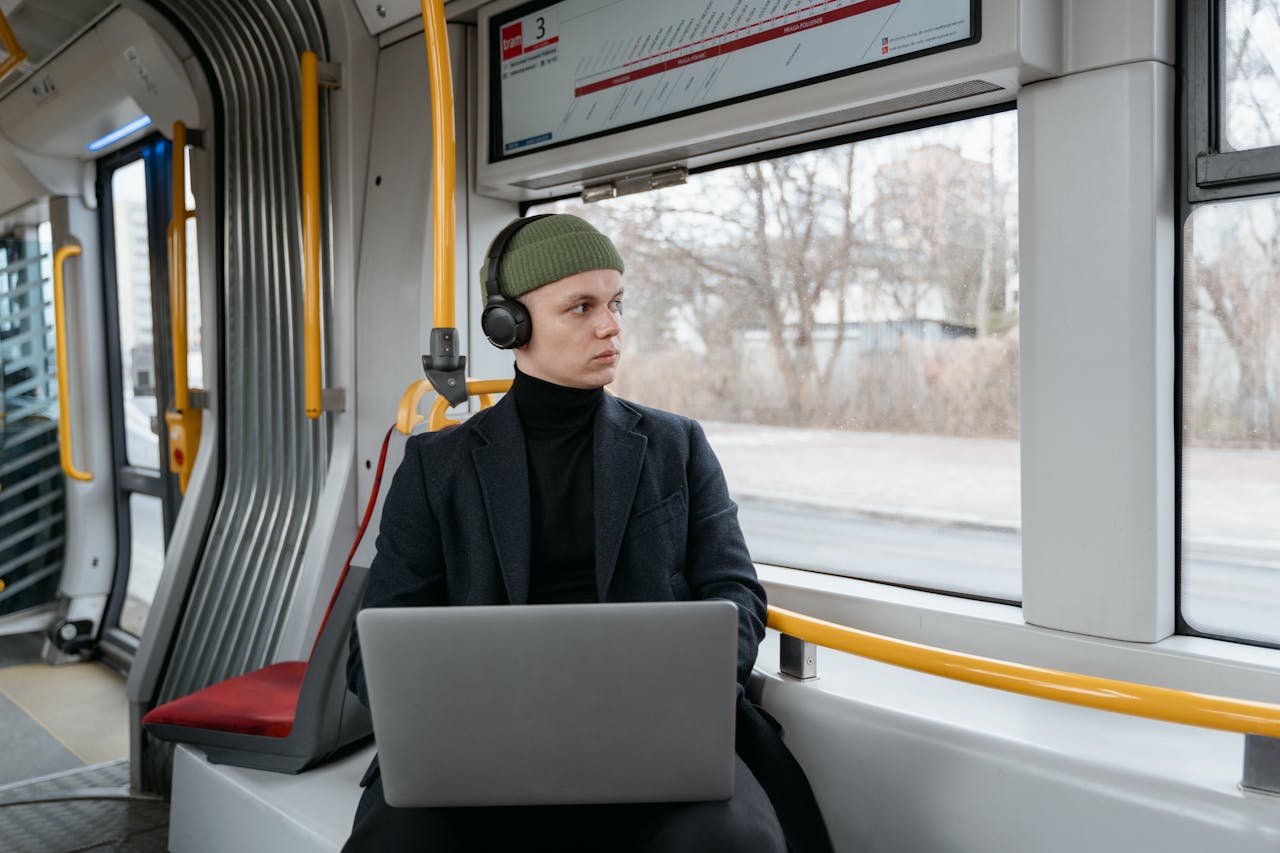Reliable transportation is often the missing link between unemployment and opportunity. From free rides to discounted transit passes, these programs are designed to help you reach employment-related destinations without added stress. Here is a breakdown of the most accessible options and how to find them in your area.
Why Transportation Matters for Employment
Transportation barriers are one of the most common reasons people miss interviews, turn down job offers, or struggle to maintain employment. These barriers include:
- Lack of access to a personal vehicle
- Limited public transit routes or schedules
- High cost of fuel, rideshare, or transit fares
- Physical or mobility challenges
- Living in rural or underserved areas
Transportation assistance programs aim to remove these obstacles and connect job seekers with the resources they need to move forward.
National and Local Programs to Explore
1. Ride United by United Way
Ride United is a transportation access initiative that partners with Lyft and the 211 network to provide free or discounted rides to essential services, including job interviews and employment training. Since its launch, Ride United has completed over 500,000 rides for individuals in need.
To access this program:
- Call 211 and explain your transportation need
- A specialist will check availability in your area
- If eligible, you will be scheduled for a ride to your destination
2. Jobs Access by LyftUp
Lyft’s Jobs Access program provides free rides to job interviews, training sessions, and the first few weeks of work. This initiative is supported by partners like Indeed, Goodwill, and United Way. It is available in select cities and aims to support individuals who are underemployed or lack reliable transportation.
To learn more or check eligibility, visit Lyft’s Jobs Access page.
3. Local Workforce Development Boards
Most states have workforce development boards that manage employment services and training programs. These boards often provide transportation stipends, bus passes, or mileage reimbursement for job seekers enrolled in approved programs.
Contact your local American Job Center or workforce board to ask about transportation support tied to job readiness or vocational training.
4. Vocational Rehabilitation Services
If you have a disability, your state’s vocational rehabilitation agency may offer transportation assistance as part of your employment plan. This can include:
- Transit vouchers
- Paratransit services
- Vehicle modifications
- Travel training for public transit
Visit the U.S. Department of Labor’s transportation support page for more information on accessibility and employment resources.
5. Community Action Agencies
These agencies operate in nearly every county and offer emergency assistance for transportation, housing, and employment. Services may include:
- Gas cards
- Car repair grants
- Bus or train passes
- Rideshare credits
Find your local agency through the Community Action Partnership website or by calling 211.
What You Need to Apply
Eligibility requirements vary by program, but you may be asked to provide:
- Proof of income or unemployment status
- Identification and contact information
- Details about your job search or training program
- Documentation of your transportation need (interview confirmation, training schedule)
Some programs prioritize individuals with disabilities, veterans, or those participating in workforce development initiatives.
Tips for Navigating Transportation Assistance
- Apply early. Do not wait until the day of your interview
- Keep all documents organized and ready to submit
- Follow up with program coordinators if you do not hear back
- Ask about bundled services like job coaching or resume support
- Be honest about your situation. Staff are there to help, not judge
If you are denied assistance, request a written explanation and ask about alternative programs or appeal options.
Transportation should never be the reason someone misses out on a job opportunity. Whether you need a ride to an interview or help covering transit costs during your first month of work, these programs are designed to support your journey toward employment.


Leave a Reply